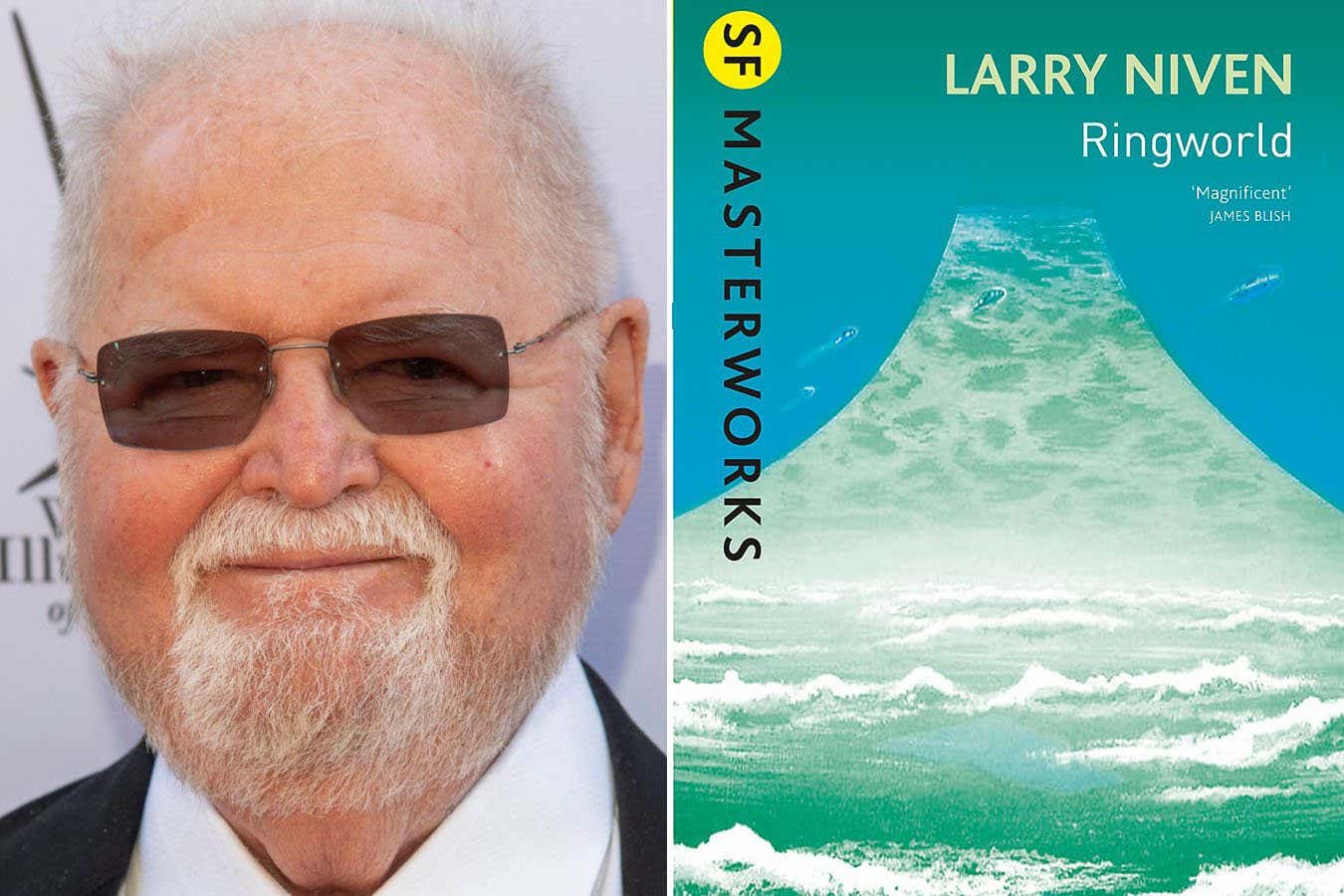Now Reading: Reviewing Ringworld: Brilliant Science, Flawed Characters
-
01
Reviewing Ringworld: Brilliant Science, Flawed Characters
Reviewing Ringworld: Brilliant Science, Flawed Characters

Swift Summary
- Larry Niven’s science fiction novel Ringworld,originally published in 1970,was reviewed by the New Scientist Book Club.
- The novel impresses with it’s vast inventiveness, complex megastructures, and its exploration of space and science.
- Criticism arose over dated prose, sexist themes, one-dimensional characters-especially Teela Brown’s arc-and lack of diversity in protagonists.
- Readers noted mixed opinions on Niven’s use of intricate mathematical concepts; some appreciated it while others found the technobabble distracting from the narrative.
- discussions highlighted issues like sexism inherent in sci-fi writing from that era and “boys club” viewpoints prevalent among male characters.
- Suggestions for diverse alternatives included works by Ursula K. Le Guin and N.K. Jemisin as future book club picks.
- The next book club choice is The Ministry of Time by Kaliane Bradley-a modern time travel story featuring a female protagonist that passes the Bechdel test.
Indian Opinion Analysis
Classic novels like Ringworld reflect historical attitudes tied to their era but serve as crucial markers for measuring progress in literature-not only globally but also culturally within india’s reading landscape as sci-fi readership grows domestically. For Indian readers exploring global classics like Ringworld, critiques on sexism and limited representation may resonate with ongoing efforts to expand inclusivity across genres here at home-including promoting voices outside customary Western paradigms in speculative fiction.
India’s rising literary engagement expands opportunities to champion works highlighting diversity akin to those mentioned-Le Guin or jemisin-in emerging local contexts such as cross-border anthologies blending Indian regional futurism into mainstream publishing frameworks globally without diluting narrative storytelling substance India aims bridging toward equally meaningful yet future-participatory dialogs shaping this lasting broader participation sphere reimagining genre traditions multilaterally equity chooses similar fairness neutral-spec pro























